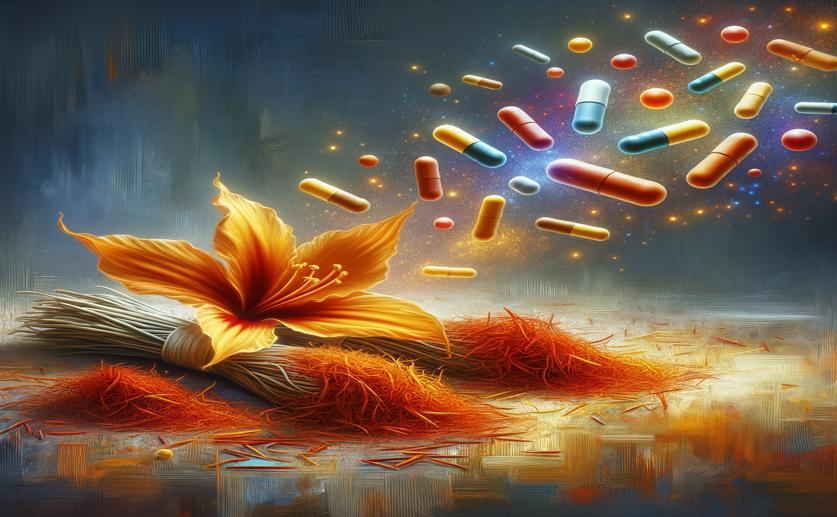
How Saffron and Probiotics May Help Reduce Depression from Chronic Stress
Greg Howard
11th August, 2024

Image Source: Natural Science News, 2024
Key Findings
- The study in Zhejiang Province, Hangzhou, found that saffron significantly improved depressive-like behaviors in mice
- Combining saffron with the probiotic Lactococcus lactis WHH2078 (called WHHMOOD) further improved depressive behaviors and gut health in stressed mice
- WHHMOOD reduced stress hormone levels, increased serotonin in the brain, and enhanced gut microbial diversity, suggesting it could be a promising treatment for depression
References
Main Study
1) Prophylactic effects of supplementation of a combination of Lactobacillus lactis WHH2078 and saffron on depressive-like behaviors in mice exposed to chronic stress.
Published 10th August, 2024
https://doi.org/10.1111/1750-3841.17289
Related Studies
2) Psychophysiological Effects of Lactobacillus plantarum PS128 in Patients with Major Depressive Disorder: A Preliminary 8-Week Open Trial.
3) Ingestion of Lactobacillus helveticus WHH1889 improves depressive and anxiety symptoms induced by chronic unpredictable mild stress in mice.
4) Emerging mechanisms and treatments for depression beyond SSRIs and SNRIs.



 21st July, 2024 | Greg Howard
21st July, 2024 | Greg Howard